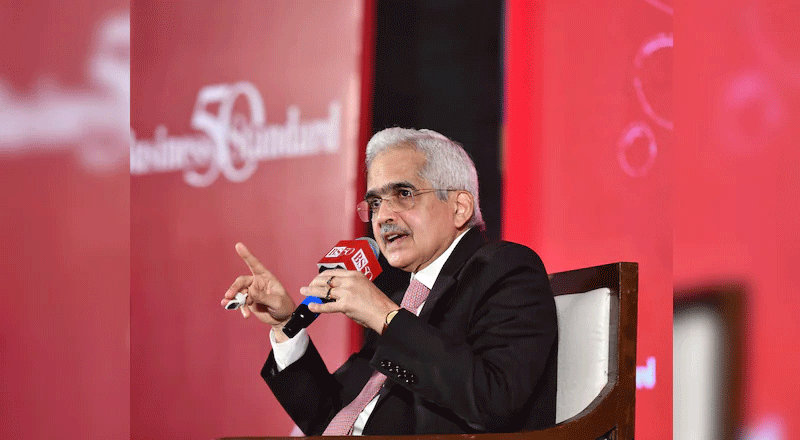- India was gripped by widespread alarm on Tuesday as bomb threat emails targeted 40 airports across the country, causing significant disruptions and prompting heightened security measures.
- The series of incidents across these airports underscores the vulnerability of aviation infrastructure to cyber threats and hoaxes, necessitating robust security frameworks and swift response protocols.
- Authorities across India continue to investigate the origin of these malicious emails to prevent future occurrences and ensure the safety and efficiency of air travel.
- Cybercrime units are actively investigating to trace the source of the threat, emphasizing the need for stringent cybersecurity measures in aviation.
India was gripped by widespread alarm on Tuesday as bomb threat emails targeted 40 airports across the country, causing significant disruptions and prompting heightened security measures. Major airports such as Delhi, Chennai, Jaipur, Patna, and Vadodara faced operational challenges and delays as security agencies responded swiftly to assess and neutralize the threats.
The chaos began at the Indira Gandhi International Airport in Delhi, where officials at the Delhi International Airport Limited (DIAL) received a bomb threat email at 9:35 AM. The threat specifically mentioned a Dubai-bound flight, although it did not specify the airline or flight number. Prompt action by Delhi Police led to thorough inspections, which fortunately concluded with no explosives found aboard.
A similar incident unfolded at Chennai International Airport, where authorities received a threat email affecting a scheduled Emirates flight bound for Dubai. The precautionary delay of approximately two hours ensued as security personnel conducted thorough checks on the aircraft and its passengers. The false alarm underscored the disruptive potential of such threats on air travel operations.
In Coimbatore, airport authorities responded swiftly to another bomb threat email, prompting the deployment of bomb detection and disposal squads along with sniffer dogs. After a meticulous search, the threat was deemed unsubstantiated, allowing normal operations to resume. Similarly, at Jaipur International Airport, a coordinated effort between police and CISF (Central Industrial Security Force) ensured a comprehensive sweep of the premises following a threat email, which also turned out to be a false alarm.
The ripple effect of these threats extended to Vadodara Airport, where security measures were immediately heightened after authorities received a bomb threat email. Cybercrime units are actively investigating to trace the source of the threat, emphasizing the need for stringent cybersecurity measures in aviation. Meanwhile, at Patna’s Jayprakash Narayan International Airport, heightened security protocols were implemented in response to a threat email received by the airport director.
The series of incidents across these airports underscores the vulnerability of aviation infrastructure to cyber threats and hoaxes, necessitating robust security frameworks and swift response protocols. While each threat was ultimately proven false, the disruptions caused significant inconvenience to travelers and highlighted the critical importance of maintaining vigilance and preparedness in aviation security.
Authorities across India continue to investigate the origin of these malicious emails to prevent future occurrences and ensure the safety and efficiency of air travel. As airports resume normal operations, the focus remains on enhancing security measures to mitigate the impact of such threats on the traveling public and aviation stakeholders alike.
(With inputs from agencies)





